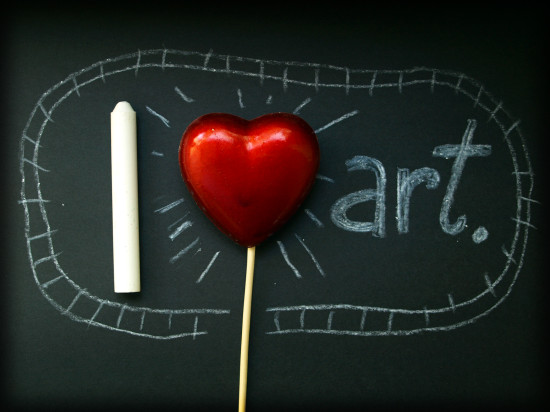Is Writing an Art?

The Making of an Art
When we think of most types of writing, art isn’t something that immediately comes to mind. An exception may be poetry, which is generally considered quite artistic. But can other forms of writing be an art?
According to the Merriam-Webster dictionary, art is the use of creativity, skill, and imagination to create something that’s beautiful or emotionally expressive. I contend that this definition needs to be expanded. If you dig a little deeper, you’ll see that the same dictionary says that any skill can be termed an art. Thus you have the art of salesmanship, the art of diplomacy, and even the art of making friends. Anything you’re skillful at can be considered an art, particularly if you exercise a little imagination and creativity in the process.
How to Be an Artistic Writer
Although it’s true that being a writer of legal documents is an art because you have to do some pretty deep thinking and produce watertight work, I doubt whether anyone would consider a lawyer to be an artist in the truest sense of the word. There are also those who practice the art of brevity in their writing, giving you only the bare facts. Although I appreciate this when I want to quickly get to the heart of the matter, it isn’t always appropriate, and it can be a bit boring to read.
“It was a nice day. We went to the restaurant and had a meal. Then we went home.” It’s all rather ho-hum and boring, isn’t it?
“It was a wonderful day with only a few fluffy clouds scudding across a sky so blue it defied description. We chose a charming restaurant with a courtyard shaded by trees and ate magnificent food to the sound of rustling leaves and a gurgling fountain. After lunch, we took the scenic route home along the lakeshore, rattling and bumping along on the untarred surface.”
It probably isn’t worthy of a William Wordsworth, who would no doubt have waxed considerably more poetically, I would bet that most people would find the second piece is more creative and descriptive. You should be able to form mental pictures from the words used: the lovely weather, the pleasant restaurant, and the bumpy ride home are all more clearly drawn in this word-picture.
Try These Tips
- Create atmosphere with sensory language. What sights, smells, sensations and sounds would you like your reader to imagine?
- Introduce an element of the unexpected. Choose words carefully, and create new words and idioms if inspiration strikes. Find new ways to say ordinary things.
- Your first few lines are important. Use them to grab the reader’s attention.
- Make understanding what you’re saying simple. Avoid jargon and foreign phrases unless they’re essential in context.
- Write quickly. Edit and re-draft slowly and with care.
- Be yourself. Trying to emulate a writing style will produce a poor copy of someone else’s work. The more original you are, the better.
- Avoid lengthy descriptions.
- Break rules. George Orwell’s best advice, given at the end of a list of tips to improve your writing, is you should break any and all rules when appropriate.
Any kind of writing can be an art, but creative thinking is the key. Whether you plan to immerse yourself in writing poetry, believe there’s a novel in you trying to get out, or are simply tackling an essay or a blog post, your creative thinking and skill can combine to turn it into a work of art.
Although creative fiction or poetry writing is generally considered artier than factual writing, I have read wonderfully entertaining and interesting non-fiction articles and books. What made them different? There was definitely an element of creativity in the way the information was presented. They made you want to read on and find out more. Any kind of writing can be considered an art, but real creativity is what turns writing into something special. It’s not what you have that matters, but what you do with it.
(Photo courtesy of Asja Boros)
